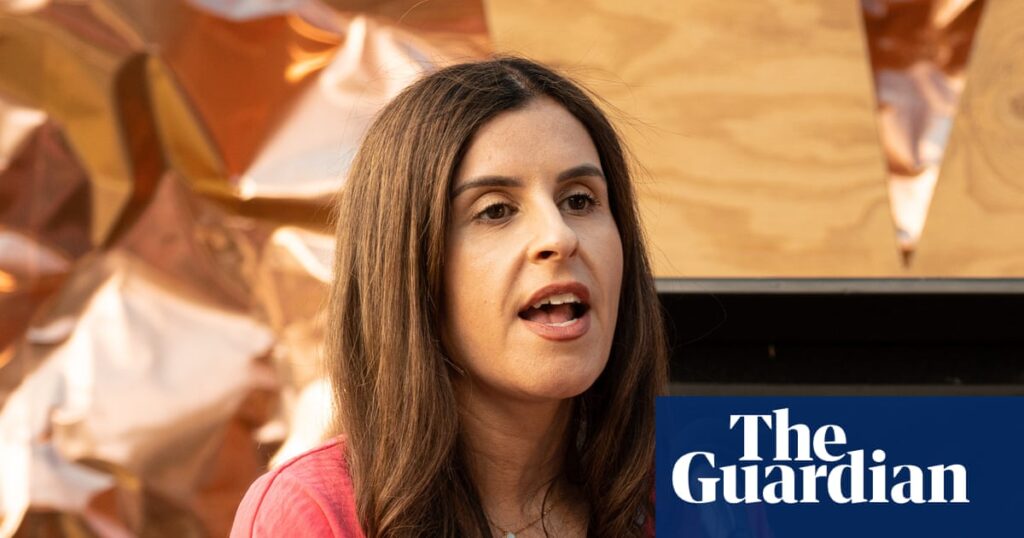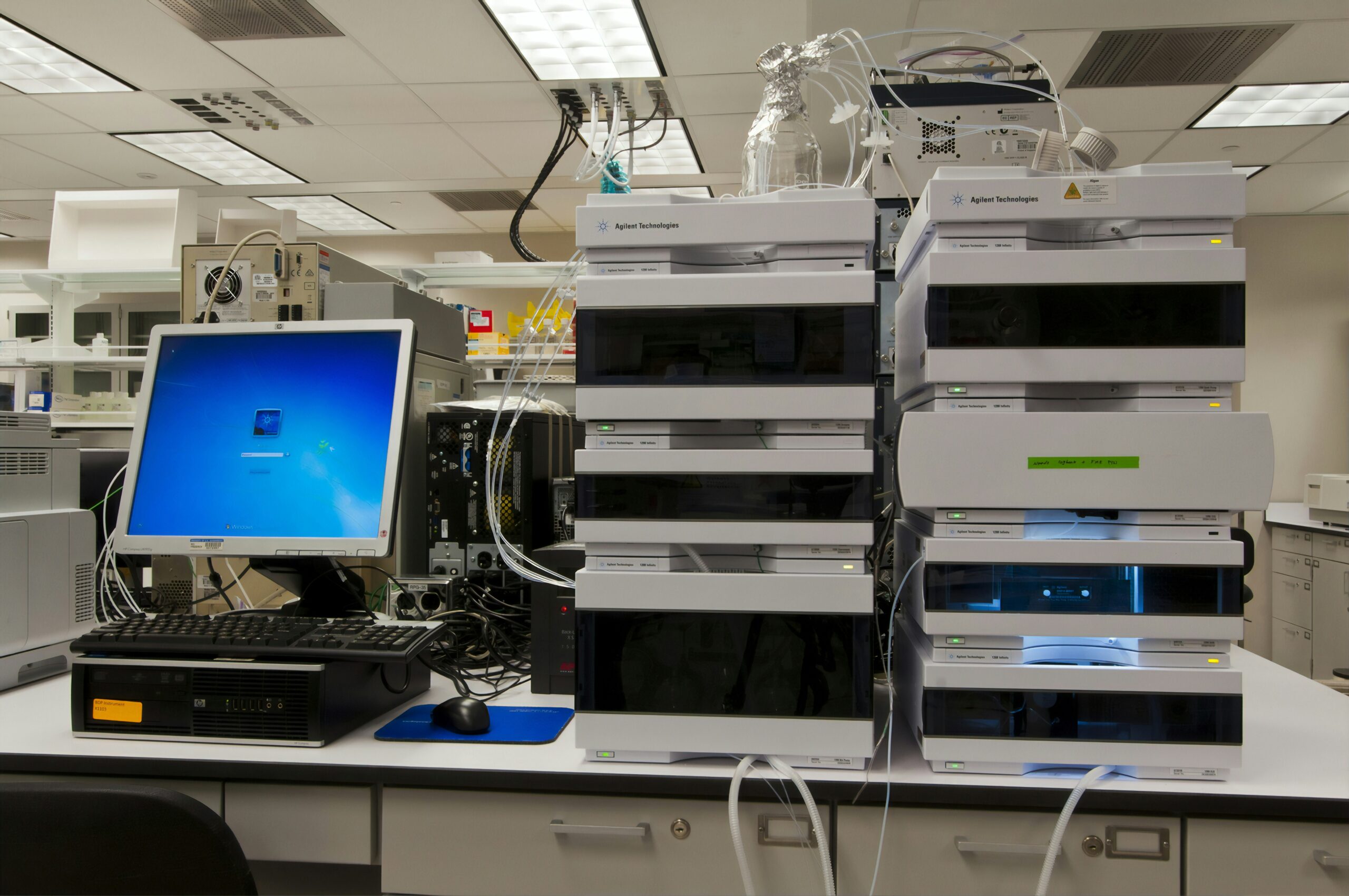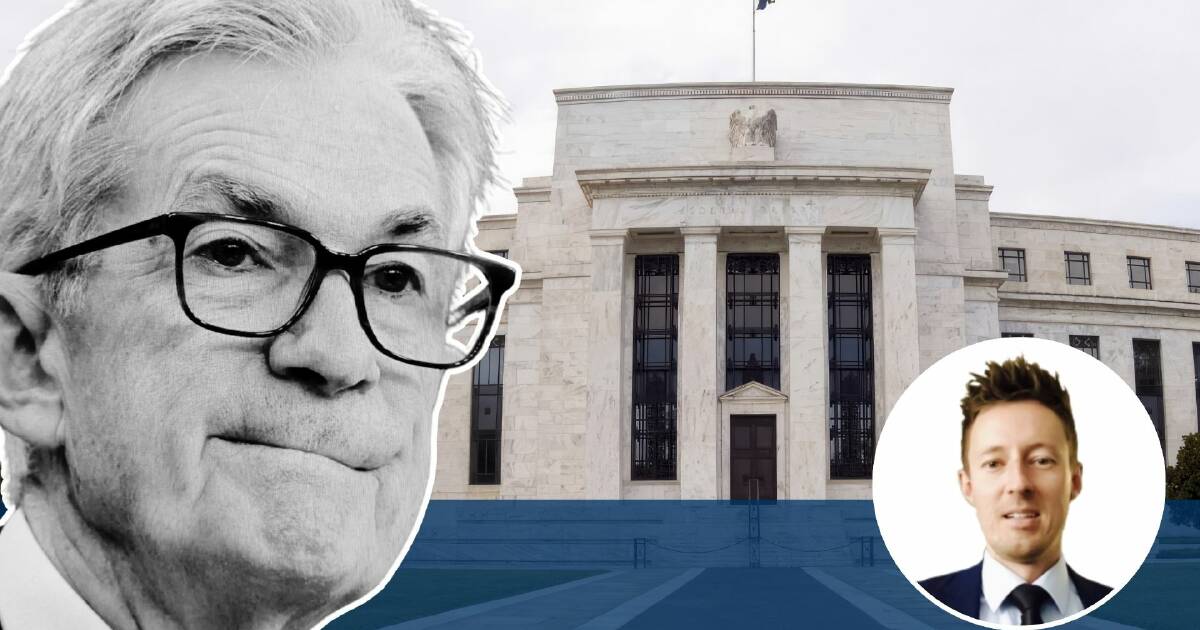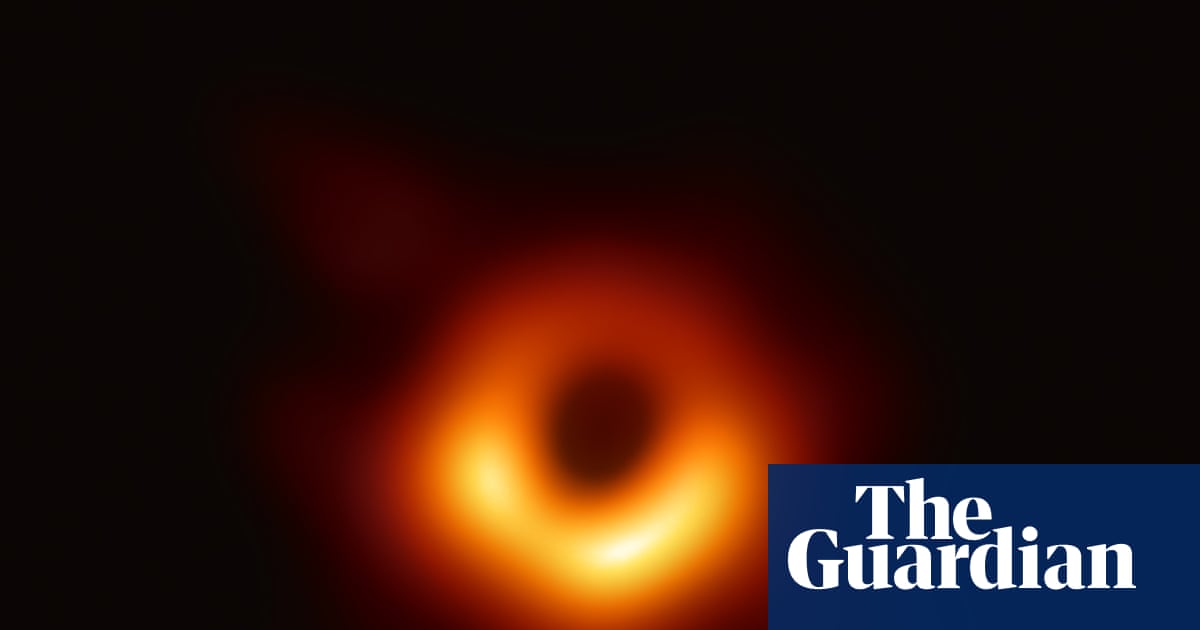
A growing controversy has enveloped the Bendigo Writers Festival as several authors and academics have withdrawn in protest over a speaker code they claim necessitates “complete self-censorship” regarding discussions on Israel’s war in Gaza. The festival, scheduled for this weekend, has seen notable withdrawals including Dr. Randa Abdel-Fattah, Dr. Evelyn Araluen, and Jeanine Leane.
Prof. Clare Wright, a guest curator and academic at La Trobe University, has also stepped back, citing both personal and professional reasons linked to the code. Author Kate Mildenhall, who was set to moderate a session, expressed solidarity with her peers, stating, “In solidarity with the other writers who are withdrawing and also because of my own personal beliefs about the ideas of censorship I felt I was unable to continue with my participation in the writers festival.”
Speaker Code Sparks Debate
The contentious speaker code, reviewed by Guardian Australia, advises participants to avoid language or topics that might be deemed “inflammatory, divisive, or disrespectful.” This directive was reportedly sent to some speakers just two days before the festival’s commencement. The code specifically requires compliance with La Trobe University’s anti-racism plan, which includes definitions of antisemitism and Islamophobia.
Dr. Abdel-Fattah, a Macquarie University academic, criticized the code, stating it compelled her to “engage in complete self-censorship.” She emphasized the code’s impact on her ability to speak freely as a Palestinian, describing it as “a profound act of gaslighting.”
Implications of Antisemitism Definitions
La Trobe’s 2025-2030 plan adopts the Universities Australia definition of antisemitism, a move that has sparked debate across academic circles. The definition, which emerged from a report highlighting the need for reform to protect Jewish students and staff, states:
“Antisemitism is: discrimination, prejudice, harassment, exclusion, vilification, intimidation or violence that impedes Jews’ ability to participate as equals in educational, political, religious, cultural, economic or social life.”
While it clarifies that criticism of Israeli policies is not inherently antisemitic, it warns against criticisms grounded in harmful stereotypes or calls for the elimination of the State of Israel. Critics argue this could “chill” academic discourse on the Middle East, potentially stifling open discussion.
Voices of Protest
Abdel-Fattah highlighted that La Trobe’s plan lacks a definition for anti-Palestinian racism, though it does define Islamophobia. Her latest novel, “Discipline,” explores themes of censorship and repression faced by Palestinian voices, which she feels are mirrored by the festival’s code.
Dr. Araluen, a Goorie and Koori poet, urged audiences to reconsider their attendance at a festival that limits open expression. She stressed the importance of the arts sector remaining connected to law, policy, and morality, especially when discussing sensitive topics like First Nations languages and political representation.
Institutional Responses
La Trobe University, a partner of the festival, expressed understanding for the withdrawals. A spokesperson emphasized the university’s commitment to safe, inclusive events, stating:
“La Trobe University does not tolerate racism of any kind, including antisemitism and Islamophobia, and has adopted the Universities Australia definition of antisemitism, along with all other Australian universities.”
Journalist Jess Hill criticized the code as a means to suppress criticism of Israel, describing it as an unprecedented restriction on freedom of speech at a festival of ideas. She warned of the divisive precedent it sets, particularly affecting Palestinian speakers and allies.
Festival’s Future and Adjustments
The Bendigo Writers Festival, featuring 80 writers and speakers, remains committed to fostering respectful debate and discussion. A festival spokesperson defended the code as a necessary measure to ensure participant safety and respectful exchange, acknowledging the need for program adjustments following the withdrawals.
As the festival proceeds, the broader implications of such codes on artistic and academic freedom continue to resonate, prompting ongoing discussions about the balance between safety and free expression in public forums.






